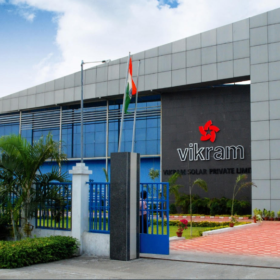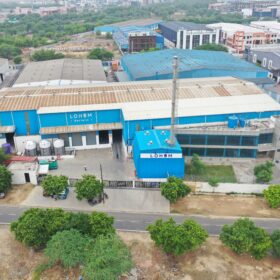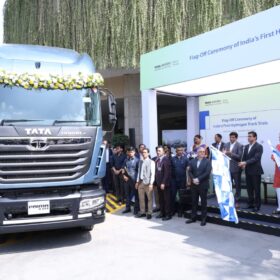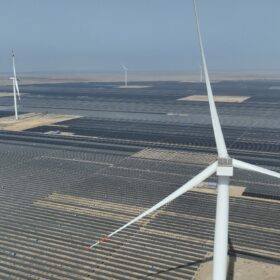A solar dryer and pyrolysis pilot plant at Chennai will soon offer an innovative approach for smart cities to transform urban organic waste into biochar and energy.
The foundation stone of the Integrated Solar Dryer and Pyrolysis pilot was laid by Dr. K J Sreeram, Director, CSIR- Central Leather Research Institute (CLRI), Chennai on the occasion of 74th foundation day of CLRI on 23rd April 2021.
The pilot is part of the Indo-German project ‘Pyrasol’ launched to transform urban organic waste into biochar and energy in smart cities. It was awarded to CSIR-CLRI by the Indo-German Science & Technology Centre. The project will ultimately lead to technology development for the joint processing of Fibrous Organic Waste (FOW) and Sewage Sludge (SS) of Indian smart cities into hygienic and highly valuable biochar associated with energy recovery, carbon sequestration and environmental improvement.
Indo-German Science & Technology Centre (IGSTC) was established by the Department of Science & Technology (DST), Govt. of India & Federal Ministry of Education and Research (BMBF), Govt. of Germany to facilitate Indo-German R&D networking with emphasis on industry participation, applied research and technology development.
IGSTC through its flagship program ‘2+2 Projects’, catalyses innovation centric R&D projects by synergising the strength of research and academic institutions and public/private industries from India and Germany.
Under this program, the project titled ‘Pyrasol: Smart Cities integrated energy supply, carbon sequestration and urban organic waste treatment through combined solar sludge drying and pyrolysis’ was awarded by IGSTC to CSIR-CLRI, Chennai; Ramky Enviro Engineers, Chennai; Leibniz Universität, Hannover and BiomaconGmbH, Rehburg.
The project focuses on managing and organising collection, treatment, and disposal systems of urban wastes in Indian Smart Cities as well as in other urban centres with an integrated and interactive approach. Through this Pyrasol project, simple and robust processing technologies for urban organic waste will be combined in a synergetic manner and further developed to improve sanitation and welfare, supply regenerative energy, convert waste into products and reduce the carbon footprint of smart cities by an innovative organic waste drying system using the solar natural chimney effect followed by a high efficient single-chamber pyrolysis.





